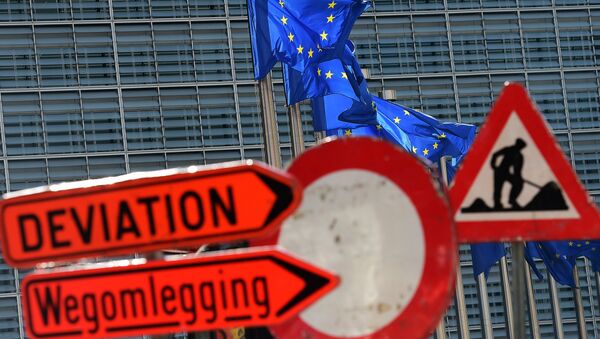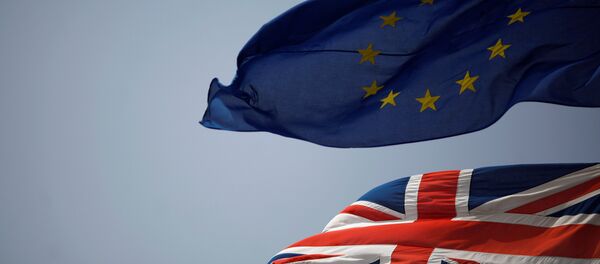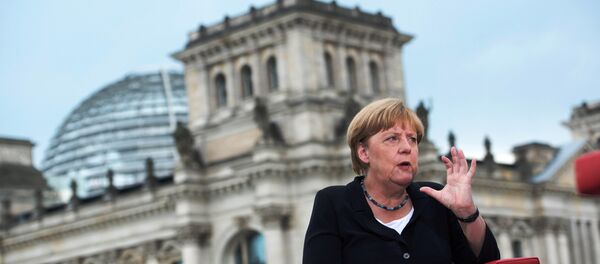Small country members of the European Union are building up regional blocs within the EU because they are not happy with dictates in decision-making by large nations led by Berlin.
"A common complaint among Europe’s smaller members is that large countries, led by Berlin, bigfoot them in the EU decision-making process. That fear has strengthened the various regional blocs within the EU, such as Scandinavia, the Baltics or the so-called Visegrád group of Central European states," the article read.
The prime minister expressed hope that the Bratislava summit will give a fresh impetus to the European integration project, including in security and economic issues.
Earlier, German Chancellor Angela Merkel said the summit would be the first step in drafting the EU’s response to Britain’s withdrawal from the bloc.
"The walkout of the United Kingdom from the European Union is not a single event, it is a deep cut in the history of EU integration, and that is why it is important to work out thoroughly the right response to this deep cut," Merkel was quoted as saying by Phoenix broadcaster.
London was the most influential opponent to centralization of the European Union. After Brexit, many political analysts and experts suggested that Germany would work with Italy and France to reset the idea of a common Europe.
"For the German leader, the Bratislava summit marks the start of what promises to be the arduous task of restoring confidence in an EU plagued by weak leadership and competing national agendas. While even her critics say she is the only leader with the stature to tackle the bloc’s catalog of ills, they also complain that Germany’s political and economic dominance is at the root of many of the EU’s problems," the article in Politico read.





